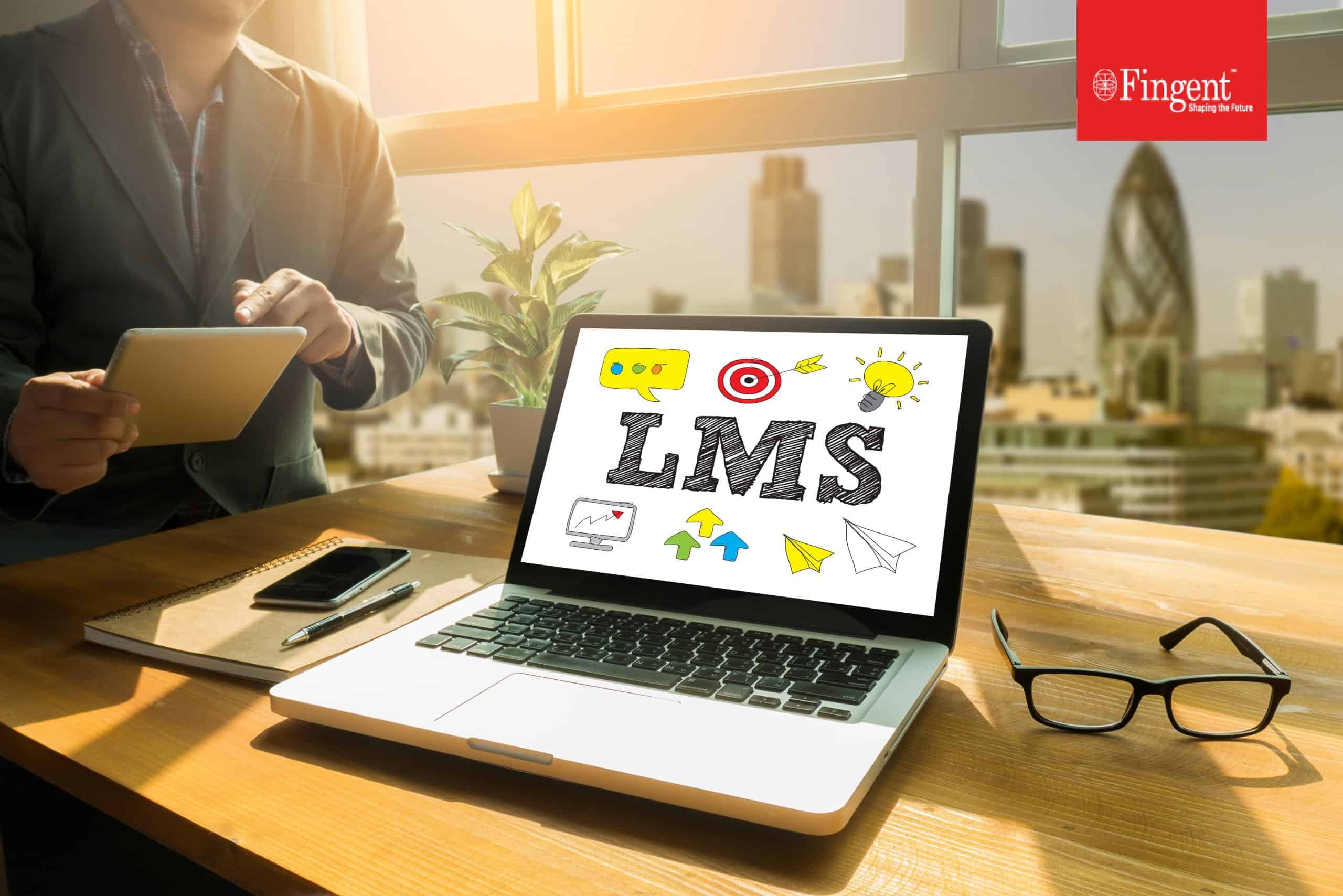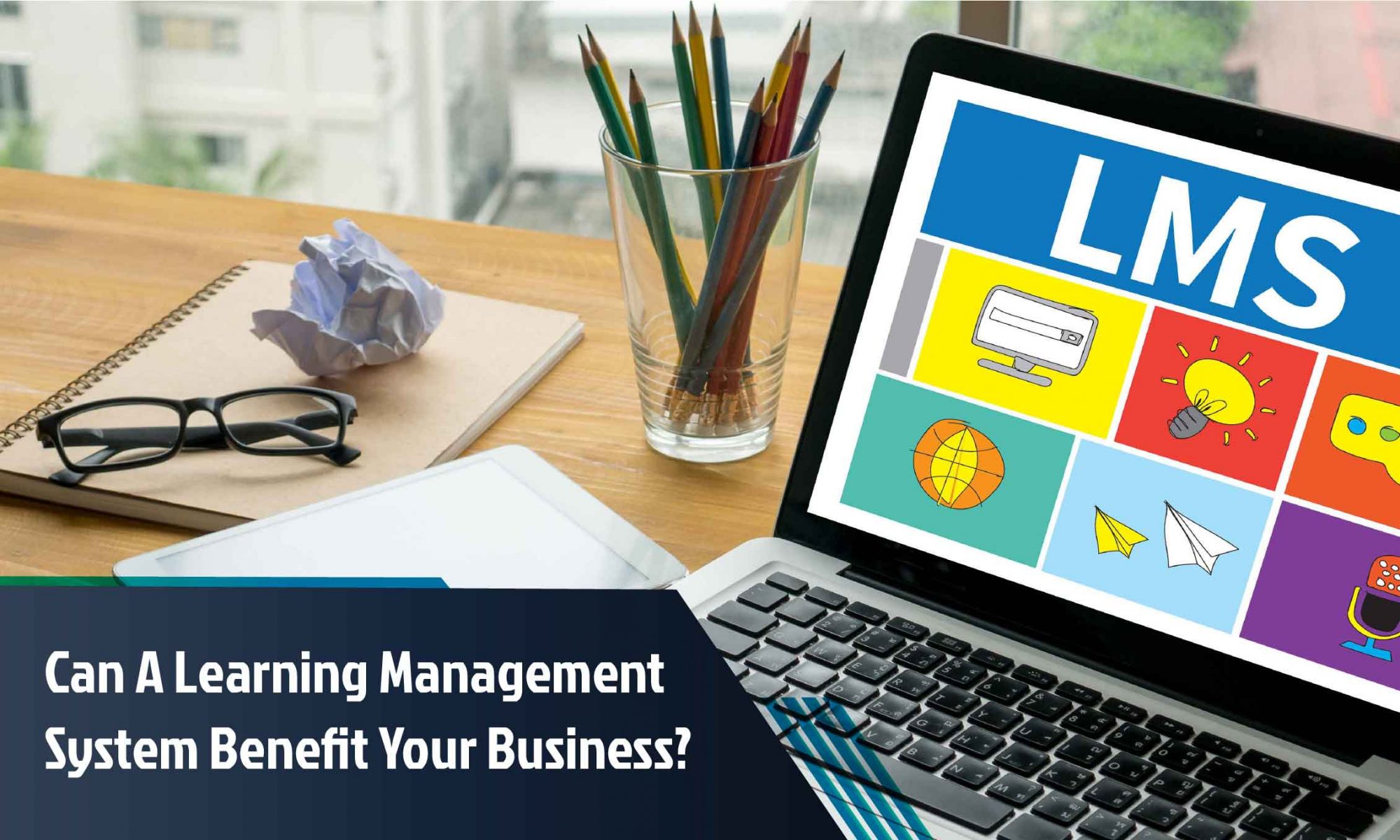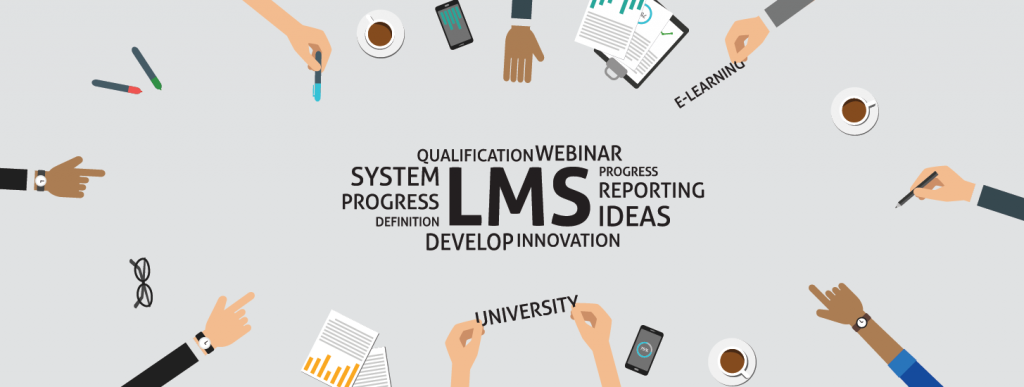LMS of “Present” and Ways to Enhance It
In today’s tech-neutral age, knowledge and skills are the key sources of competitive advantage. Smart enterprises institute Learning Management Systems (LMS) to harness and organize the corpus of knowledge available within its ecosystem.
However, the success of such initiatives depends not merely on setting up a Learning Management System. Success rather depends on ensuring that the system is compatible with the enterprise requirements and scalable to match the ever-changing requirements in an extremely fluid business environment.
Learning Management Systems traces its origin in delivering eLearning courses to the workforce through the internet and company intranets, in compliance with the established eLearning standards such as AICC and SCORM standards. However, the nature and scope of LMS have evolved considerably since then. While the exact nature of the LMS may vary, depending on enterprise requirements, successful LMS of today invariably facilitates seamless integration of the physical and virtual classrooms, promotes social learning, and fills in critical gaps in learning. The best LMS are scalable, portable, promotes gamification, and makes managing talent seamless across the enterprise.
Integrated Virtual Classrooms
An effective Learning management System co-opts virtual classrooms, including “live” classrooms, to deliver the power of training and education to anyone, at any time, and any place. Today’s LMS include multimedia-rich virtual classroom content or have ready-to-use APIs, to co-opt the most popular classrooms into its fold, with just a few simple clicks.
Any good LMS offers APIs to connect with the millions of courses and lectures available in popular online portals such as the eDX, and even YouTube.
Promotion of Social Learning
An effective LMS goes beyond formal training and promotes social learning. The conventional method of imparting learning is storing content in a repository and creating access rules around it. Social learning goes a step ahead, to offer users the power to create content, and thereby exchange anecdotes and real-world experiences. The learners collaborate with each other in real time, creating an interactive and participatory learning experience, replicating the feel and experience of a physical classroom. From the enterprise perspective, such an approach furthers the creation of a sustainable pool of knowledge and makes very effective training.
Truly successful Learning Management Systems also tap into gamification, or staring up a friendly competition among learners, to increase engagement. Some of the most common gamification options to make the course more engaging include badges, leaderboards, levels and more. Another option is a small token prize for the learners who do exceptionally well.
Filling in the Gaps
A robust Learning Content Management System automates the task of curriculum management. It scours the training material, syncs with the curriculum, and fills critical gaps in knowledge or information. It also updates the existing content, removing obsolete or outdated information, and updating the content to reflect real-time information, on the basis of latest research, statistics, and other findings. Of course, the caveat is that any LMS is only as effective and relevant as the content and rules fed into it in the first place.
A Flexible Learning Approach
A Learning Management System empowers learners to structure and assemble their own learning. An effective LMS is flexible and modular to allow learners full of the required learning materials and resources to form a curriculum customized to their learning needs and suited to their learning styles.
A key element of flexibility is portability. In today’s extremely fluid business environment, where enterprises have to go where business takes them rather than wait for business o come to their office, a portable cloud-based LMS, accessible through mobile front-end apps is the way forward. For instance, offering training sessions on a tablet with the option to follow us using a desktop computer, with seamless sync between the two, helps the learning progress whenever he is free, such as when commuting to the office.
The best LMS is flexible enough to offer training content at multiple levels, and in multiple formats. Smart LMS also offers the option to support training in multiple languages, a key requirement in today’s hyper-globalized world.
Effective Administration of Training Requirements
Today’s LMS bridges the gap between the classroom and eLearning environment. It offers an effective medium to sync between the two, enabling trainees to extract the best of both worlds. It facilitates easy management of complex and dynamic resources, including training inventory, trainer and external vendors, training rooms and venues. The LMS takes over and automates the vexatious tasks such as coordinating several training programmes, planning and administering training sessions, tracking pre-training and post-training feedback, and compiling training materials. The LMS also makes effective follow up through email and push notifications, logs attendance, and more. By these processes, the platform reduces the administrative drags characteristically associated with such processes.
Scalability
The best Learning Content Management System platforms are scalable, granular and flexible. A scalable platform enables starting off with a manageable base, fine-tuning the system, and growing it organically.
Starting small has its advantages, in being able to check if the implemented programmes actually benefit or meet the intended outcomes, and if the targeted recipients are indeed receptive to the initiative. Creating pilot programmes to validate the hypothesis and assumption is a fundamental time-tested practice to avoid failure. For instance, once this process is completed it would be ruinous to discover the selected platform crashes under the pressure of 10,000+ learners all over the world.
Starting small, however, should not become a limitation or a stumbling block for future growth. A good LMS platform should be capable of managing a large amount of data easily, accessibility for a large number of users to the system at the same time, and allow them to connect from all over the world without delays.
A sound and robust LMS is a key asset in today’s knowledge organizations. By facilitating the learning and training requirements, it equips the workforce to face the emerging challenges, and focus their energies on their core competence.
Stay up to date on what's new

Recommended Posts

22 Jul 2020 Education
Prepare for the Future of Digital Innovation with these 10 Services From Fingent
10 Services Offered by Fingent to Prepare Your Business for the Future of Digital Innovation Introduction Robotic Process Automation Business Continuity Planning Contactless Services Custom LMS | eLearning Business Process……

16 Jun 2020 Education
Navigate Business Impact Of COVID-19 With These Hot Technologies
6 Hot Technologies that Handhold Businesses Amid COVID-19 Impact The COVID-19 pandemic has had wide-ranging ramifications for several businesses. Forrester predicts that the retail sector will endure a 2.1 trillion-dollar……

22 Apr 2020 Education
E-Learning Taking A New Front: How Can LMS Technology Help
The Key Benefits of Adopting LMS in eLearning Learning and training by means of various digital resources (eLearning) have been in vogue for some time. When learning is imparted through……

28 Sep 2019 Education
Learning Management System: Why Your Business Needs It?
Top 6 Reasons Why Implementing LMS Is Crucial for Your Business With the rise of technology implementation in various business processes, the LMS market is forecasted to reach USD 22.4……
Featured Blogs
Stay up to date on
what's new






















































